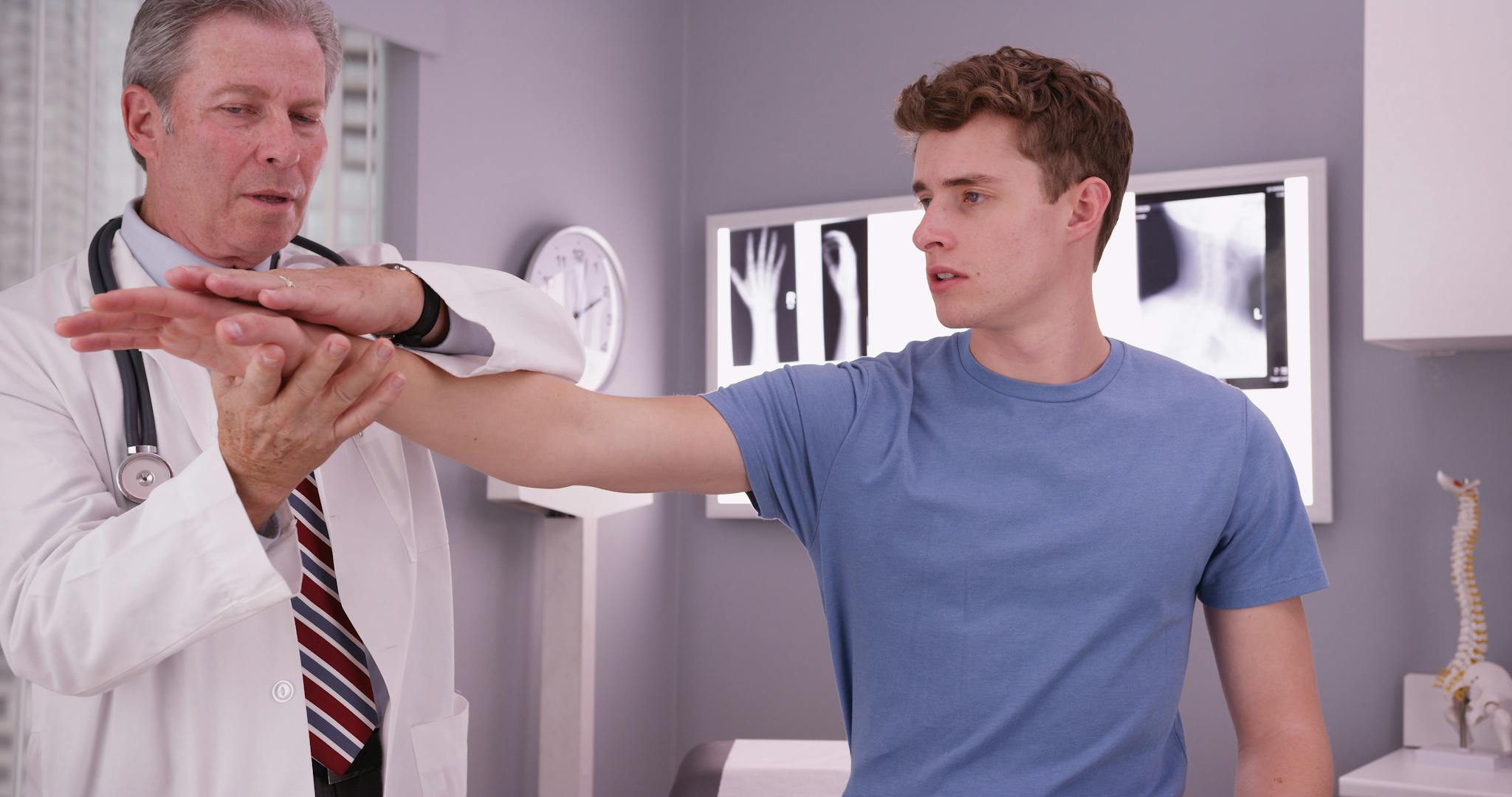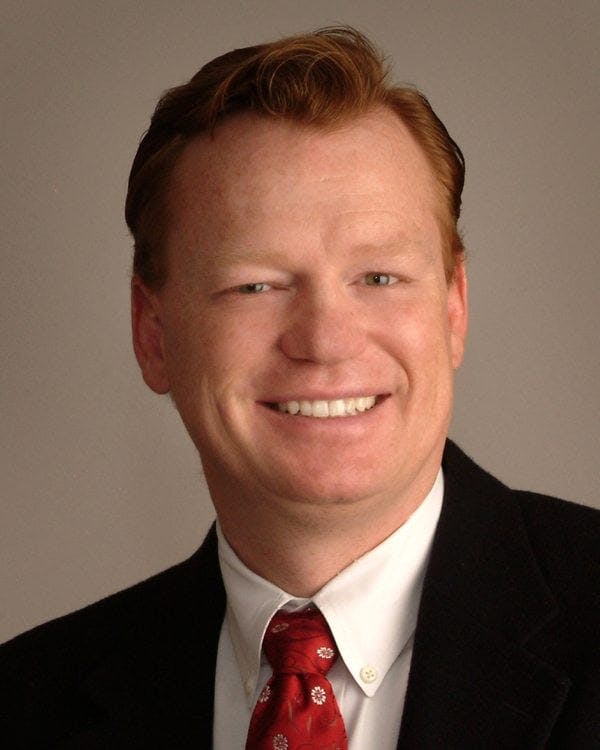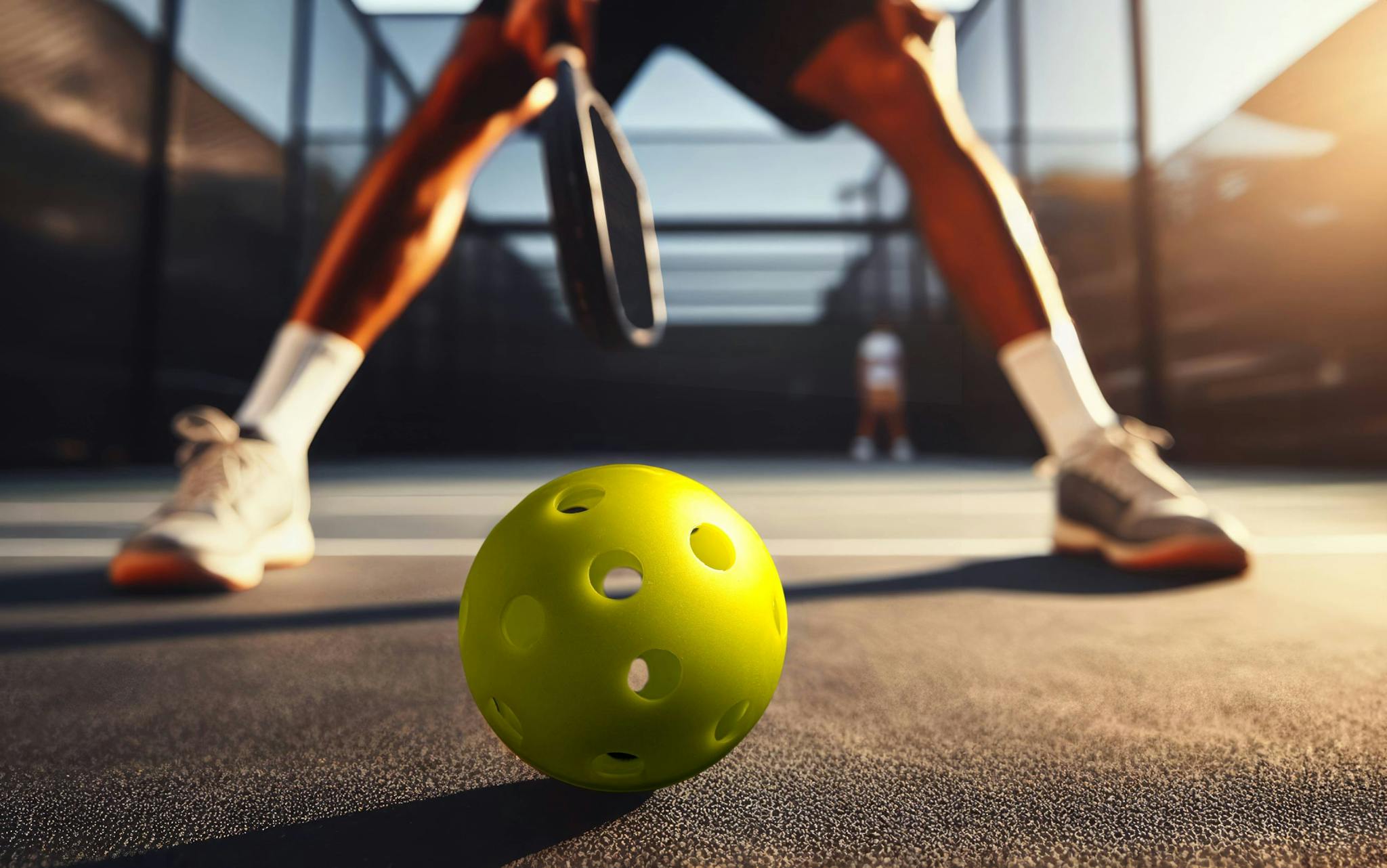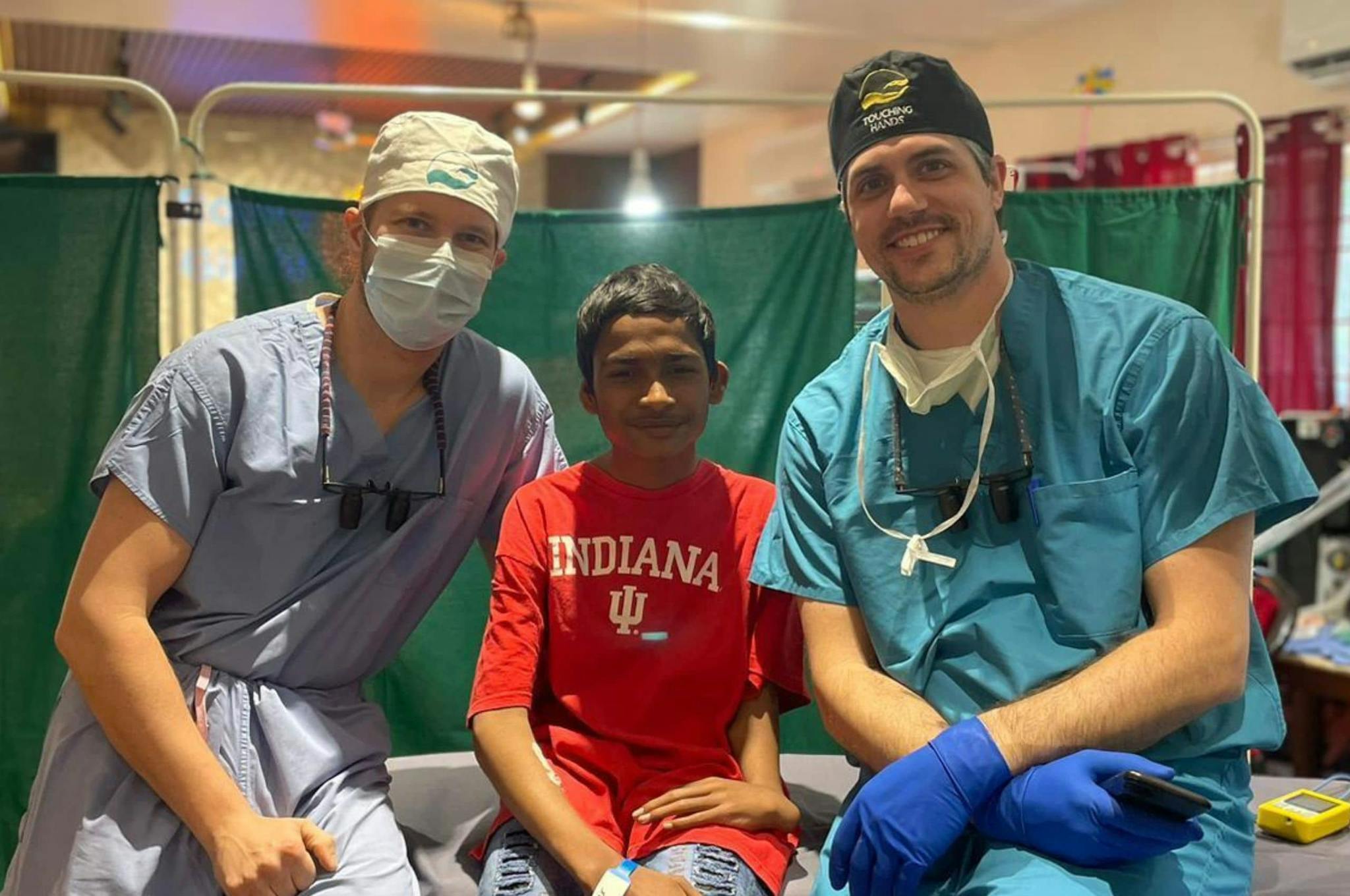
2025-06-10T13:54:10
Understanding Skin Grafts
- Dermatology
- Family Medicine
- Internal Medicine
- Orthopedics
October 22, 2018 | Orthopedics
Specialties:Orthopedics

Labral tears are injuries to the disc of cartilage that surrounds the socket of the shoulder joint. Otherwise known as SLAP (Superior Labrum Anterior and Posterior) injuries because they occur to the top of the labrum, these injuries are typically the result of long-term wear and occur in patients over the age of 40. However, young athletes who participate in sports that require repetitive overhead motion such as baseball or weightlifting can experience labral tears as well. Other common causes of labral tears include falling on an extended arm, automobile accidents, forcefully yanking on the joint or swiftly moving the arm when it’s at a level above the shoulder.
A labral tear can be painful and debilitating and is often treated with surgery. If you sustained a SLAP injury, you may want to know what to expect in terms of recovery time post-op. Here’s an overview of what to expect from the day of surgery and beyond.
Depending on the type of labral tear you experienced, surgery may be minimally invasive or more aggressive. For minor repairs, you surgeon will perform an arthroscopy. During an arthroscopy, your surgeon will make a tiny incision and insert a small camera, called an arthroscope, into the joint. The camera will display images on a screen, which your surgeon will use to guide miniature surgical instruments to mend the tear. Some SLAP injuries require the surgeon to cut open the biceps, but these types of tears are rare. The surgery typically takes no more than 90 minutes to complete.
Your healthcare provider will give you a nerve block after surgery. This medication blocks all sensation in your arm for up to 12 hours. Once that wears off, you can use ice packs and pain medications to relieve pain.
The week following surgery is likely to be the roughest for you. You will be in pain, and although you can mask that pain with pain medications, you may discover that doing so prevents you from taking care of your responsibilities. Your doctor will give you a sling, which he or she will advise you to wear for anywhere between two and four weeks. The sling will keep your shoulder in place and prevent trauma during the postoperative recovery phase.
Once your labrum has had adequate time to heal, your doctor may recommend physical therapy. The program may focus on flexibility and exercises designed to slowly increase your arm’s range of motion. Four to six weeks after surgery, your physical therapist may introduce strengthening exercises to build up the shoulder muscle.
If you hope to return to sports, follow doctor’s orders to a T. Typically, athletes are able to resume overhead sports within three to four months after a labral tear surgery.
If you or a loved one has sustained a SLAP injury, you may have several questions and concerns regarding surgery and labral recovery. Reach out to your surgeon to discuss your injuries, symptoms and options for recovery for in-depth.

WRITTEN BY:
The Live Better Team

2025-06-10T13:54:10

2024-06-21T14:29:51

2024-02-06T11:40:13

2023-03-30T11:23:12
This information is not intended to replace the advice of a medical professional. You should always consult your doctor before making decisions about your health.